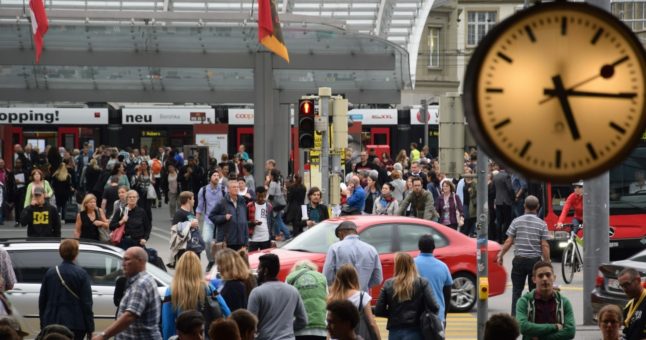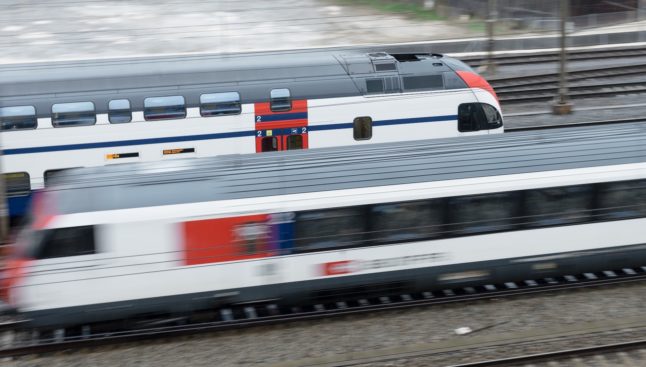Geneva’s MPs speak out against giving foreigners full political rights
Longtime residents of Switzerland’s most international city and canton already have the right to cast their vote on local issues in their municipalities.
On June 9th, however, Geneva’s voters will have their say on whether these rights should be extended to include running for elections and casting their ballots at the cantonal level as well.
However, in an interview with Tribune de Genève over the weekend, three cantonal MPs from centre parties said this move should be rejected.
“No canton, no country, provides such generous rights to their foreigners,” the three said.
“For us, naturalisation is the preferred path for foreigners to obtain full political rights,” they added.
READ ALSO: Where in Switzerland can foreigners vote?
Zurich sets plans for its population to reach the 2-million mark
At the end of 2023, over 1.6 million people lived in Zurich — Switzerland’s most populous canton.
But the population is continuing to grow — so much so, that it will reach the 2-million mark in the coming years, cantonal authorities said in a press release.
The primary reason for this hike, accounting for 49 percent of the increase, is immigration, followed by births (44 percent) and, to a lesser degree (7 percent), people moving to Zurich from other Swiss regions.
This means that public authorities will have to ensure that Zurich’s infrastructure, such as housing, public transport, as well as school and healthcare systems, could absorb this growth spurt.
Report: Housing shortage is ‘not going to improve any time soon’
Due to low construction activity, available accommodations will remain in short supply in Switzerland, according to a new report by Wüest Partner real estate consultants.
In fact, the situation “is not going to improve any time soon,” the report said.
Rents are therefore expected to increase further next year.
In terms of purchasing prices of properties, they are expected to rise as well — by 11.2 percent in Geneva, 8.7 percent in the Lake Geneva region (which includes Vaud), and 7.2 percent in Zurich.
More racial incidents reported in Switzerland
Reports of racism-related incidents have increased by almost a quarter in 2023, according to the annual report of Racism Advice Centers released on Sunday.
It found that among the 876 cases recorded — 168 more than the previous year — the majority occurred at school. This includes not only educational institutions themselves, but also groups created by students on social media.
Among reasons for the increase in cases of racism, the organisation cites the escalation of the conflict in the Middle East, which has also incited more your people in Switzerland to adopt extremist views, and even to resort to violence.
READ ALSO: Are foreigners in Switzerland likely to experience some form of racism?
If you have any questions about life in Switzerland, ideas for articles or news tips for The Local, please get in touch with us at [email protected]



 Please whitelist us to continue reading.
Please whitelist us to continue reading.
Member comments